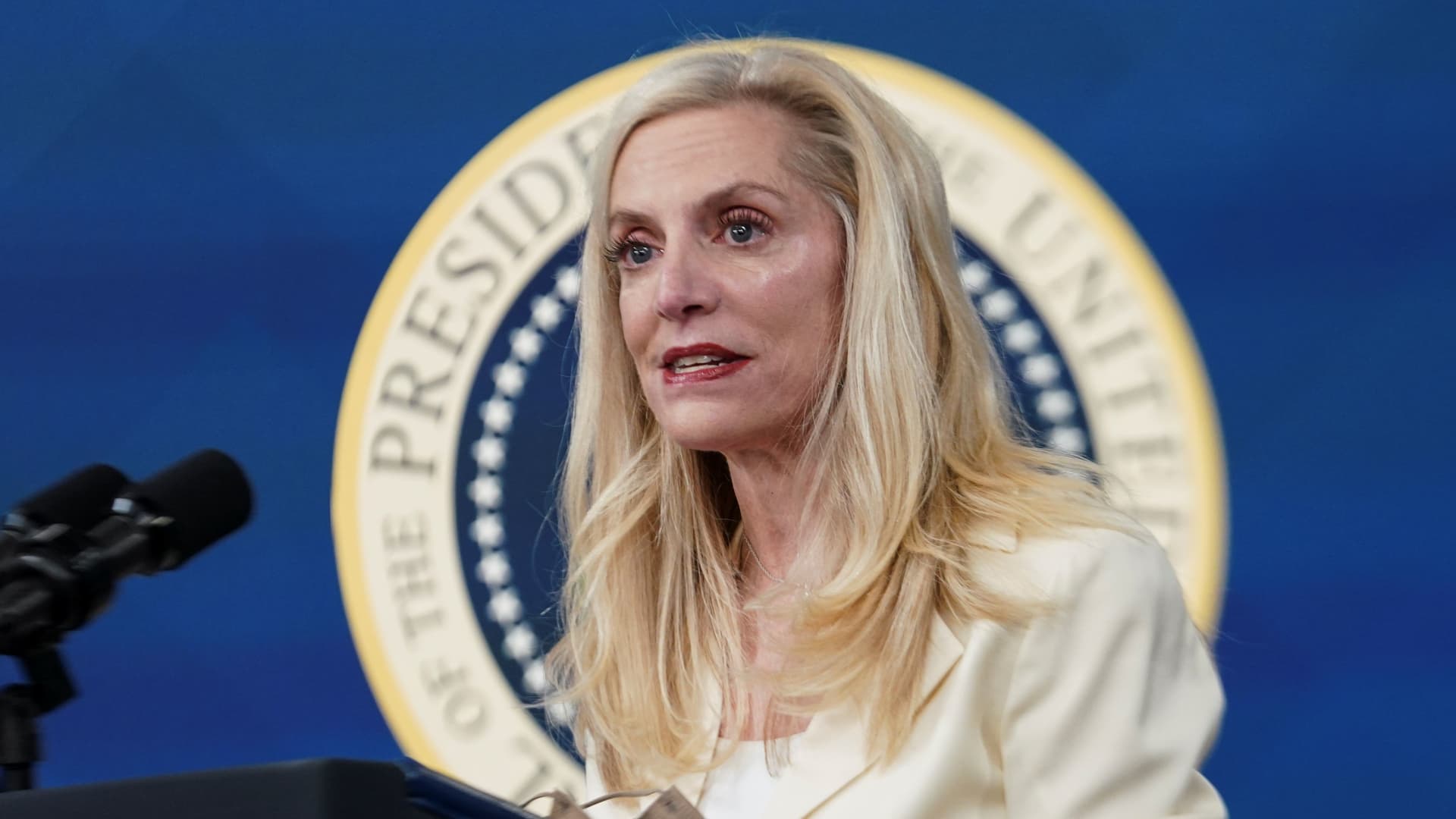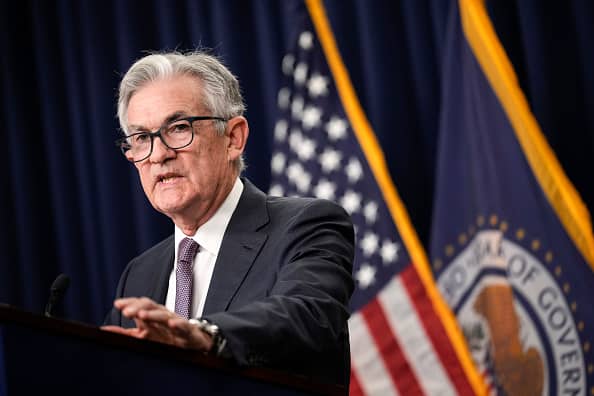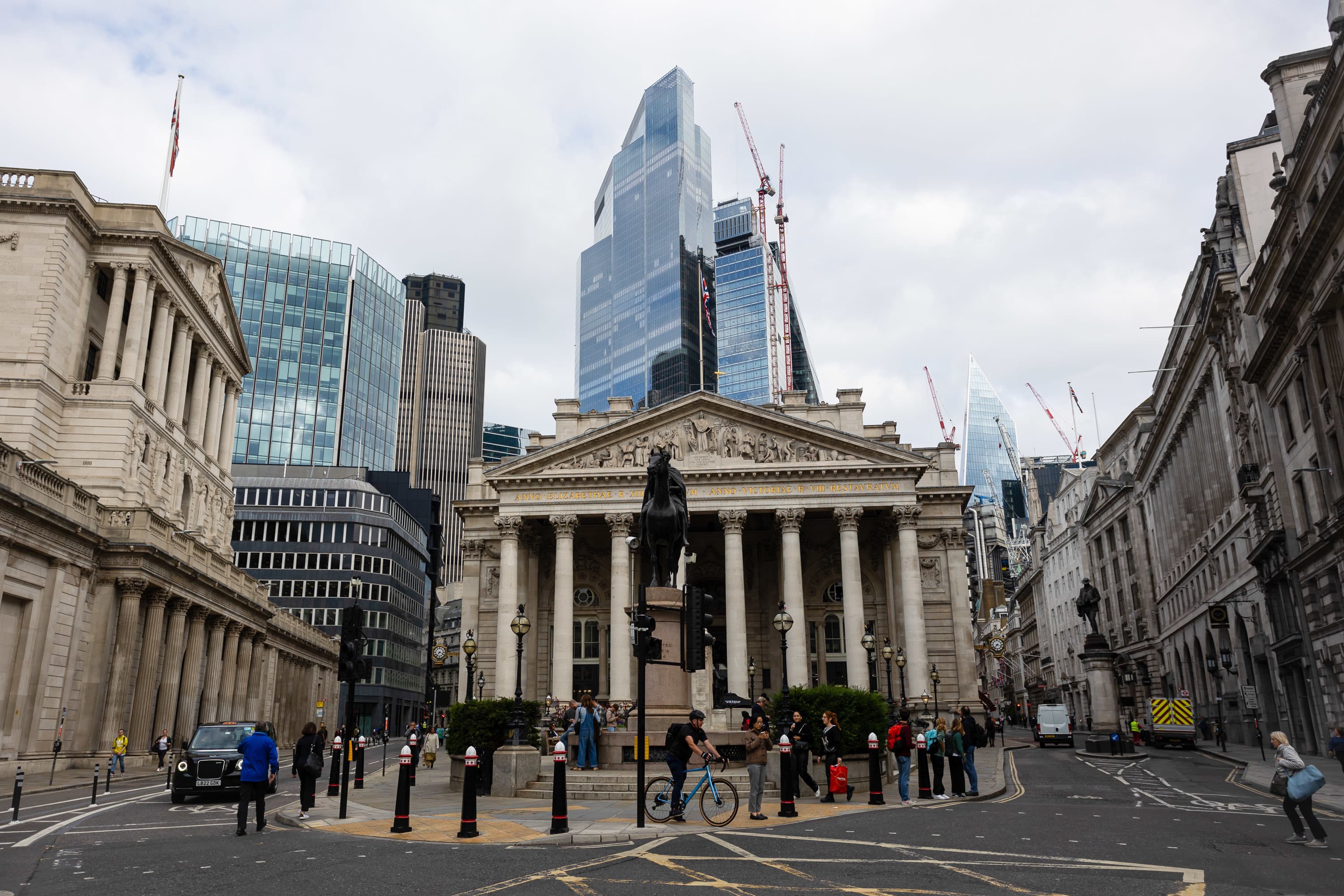Products You May Like
Federal Reserve Vice Chair Lael Brainard on Friday stressed the need to tackle inflation and the importance of not shrinking from the task until it is finished.
“Monetary policy will need to be restrictive for some time to have confidence that inflation is moving back to target,” the central bank official said in remarks prepared for a speech in New York. “For these reasons, we are committed to avoiding pulling back prematurely.”
related investing news
The remarks came a little more than a week after the Fed enacted its fifth interest rate increase of the year, pushing its benchmark funds rate to a range of 3%-3.25%. September’s increase marked the third consecutive 0.75 percentage point increase for a rate that feeds through to most adjustable-rate consumer debt.
While Fed officials and many economists expect that inflation may have peaked, Brainard warned against complacency.
“Inflation is very high in the United States and abroad, and the risk of additional inflationary shocks cannot be ruled out,” she said.
Earlier Friday morning, the Commerce Department released data showing that inflation continued to push higher in August, as measured by the Fed’s preferred personal consumption expenditures price index. Core PCE increased 4.9% year over year and 0.6% for the month, both higher than estimates and well above the Fed’s 2% inflation target.
Since the Fed has hiked rates, Treasury yields have soared and the dollar has increased in value rapidly against its global peers. Brainard noted the ramifications of a higher U.S. currency, saying that it is exerting inflationary pressures globally.
“On balance, dollar appreciation tends to reduce import prices in the United States,” she said. “But in some other jurisdictions, the corresponding currency depreciation may contribute to inflationary pressures and require additional tightening to offset.”
The Fed is far from alone in tightening policy, as central banks around the world have been raising rates to combat their own inflation problems. However, the Fed has been more aggressive than most of its peers, something Brainard noted could have spillover effects.




